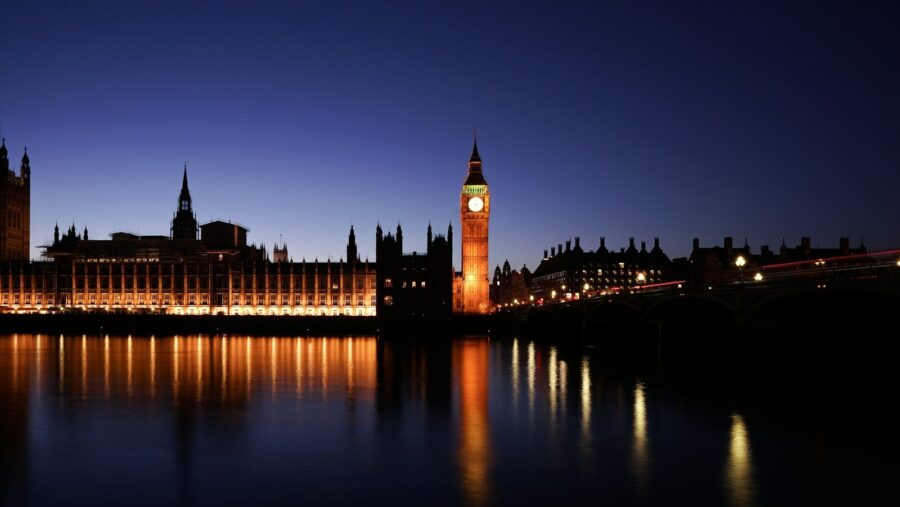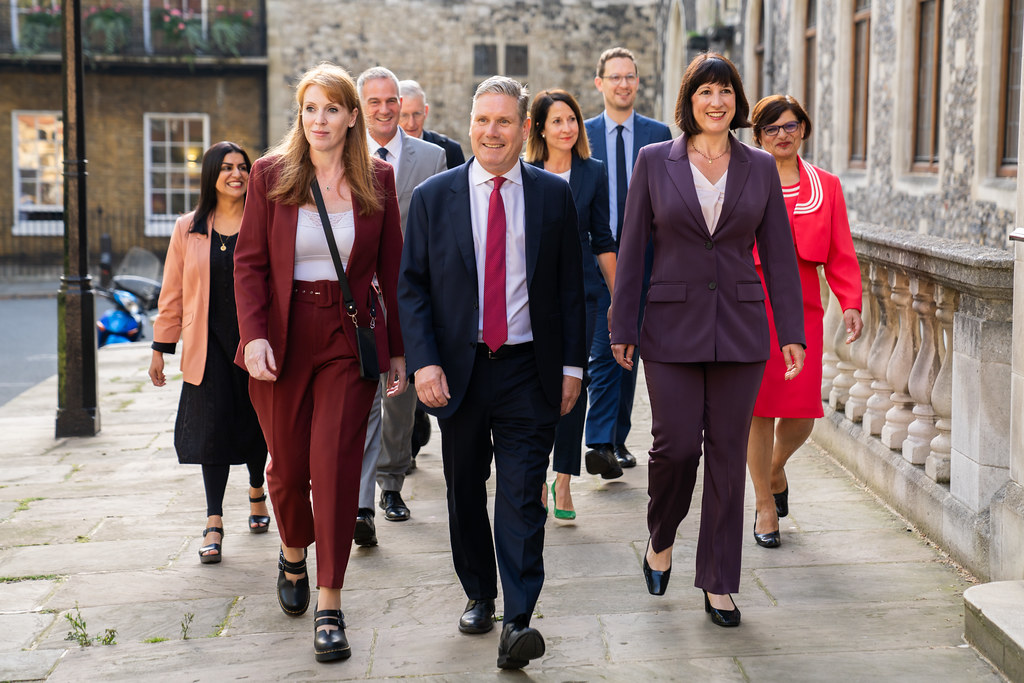I was reading an article looking at this year’s Glastonbury headliners, when I was struck by a realisation: they were all white men with guitars. Then I read that they have all played Glastonbury before—up to five times, as in the case of Radiohead.
Before the 2017 festival had even kicked off, a new study confirmed my suspicions: UK festivals are failing to reflect the diversity of the wider music scene, with headline slots occupied again and again by male rock acts.
This got me thinking about L&D and talent. Despite our best intentions I don't think that most of us would say we are doing all that we can to help promote diversity—we could do more, and so could UK festivals, to ensure that our headline acts are promoting diversity.
If all your senior people are cut from the same cloth, it wouldn’t be surprising if you had a talent problem. And that’s a real barrier to success.
So my question is: is your talent pipeline inclusive? Does it ensure that you get a diverse range of people through your pipeline? Or are you, like UK music festivals, relying on the same kinds of acts?
Glastonbury is bolstered by its pre-eminence as the UK's biggest festival and its history. But nobody is too big to fail. You too might enjoy a privileged position within your organisation at the moment, but if you don't innovate to improve and stay relevant, you might find yourself booed offstage.
Diversity
There are, of course, many talented female musicians that have had great success on the Pyramid Stage. Beyoncé did it in in 2011; obviously she's wasn't available this year because she's on maternity leave. Dolly Parton drew a crowd of over 100,000 in 2014 and Adele far exceeded expectations with a 150,000-strong audience. But the number of men onstage still far outweighs them. There were 12 men headlining Glastonbury this year.
We’re aiming for inclusivity in L&D. You need diversity in your talent pool. To achieve this, you need people to challenge the existing ways of doing things. You need to innovate and challenge the status quo (not Status Quo. They were on the Acoustic Stage).
We’re aiming for inclusivity in L&D. You need diversity in your talent pool. To achieve this, you need people to challenge the existing ways of doing things. You need to innovate and challenge the status quo (not Status Quo. They were on the Acoustic Stage).
When a festival unveils white, guitar-playing headliners, it's missing the opportunity to recognise other kinds of acts that are enjoying huge success and recognition. Grime artist Skepta won the Ivor Novello Award for best songwriter of the year in 2017. So we all know that there's a following out there for grime, hip-hop and rap artists that would be glad to see them take the stage.
It might be that new colleagues, new ways of thinking or new ways of working doesn't fit the framework of 'good enough' you're currently using. And that's no longer good enough.
We still tend to only talk about women when we talk about equality. It's not just getting gender parity that needs to be our concern. It shouldn’t be too hard to develop women, people of colour, people from different backgrounds, when there are so many who are so talented. In L&D we know it’s not that hard to do this. Our learning will be most successful when we can appeal to all types of learners. But there’s something else happening here if people aren’t coming to us.
Quite often, organisations’ investment in certain employee demographics feeds into the idea of having special events for women and minorities. I think it’s meant to be a safe environment to grow together, where they don’t feel exposed. However, this assumes that whole groups have common needs. We can do much better!
Recent research says if an organisation rates learning and development and treats people fairly, women will succeed proportionally more than where this isn’t in place. If you start everyone from the same place, men will rise to the top quicker, but if you invest in L&D then we all get a better chance.
Leadership
Are the people who are choosing your headline acts operating in their own echo chamber?
Festival organisers may well think they’re doing great, and it’d be hard to prove them wrong. They’re seeing smiling faces, record attendance, and revenue streams to die for. But if unconscious bias is at play when making decisions about your talent pool, issues can be compounded, and lead to problems down the road.
Some of the biases will reinforce the belief that everything is OK. That’s the trouble with bias – you only see what you want to see.
And, of course, the consequence of this is that the crowds - your learners - might vote with their feet.
Mentoring
At Glastonbury, an act might start small, and get bumped up the bill year by year. First they play the tents, then the small stages, then the Pyramid stage. In just six years, Ed Sheeran moved up the bill from Glastonbury's tiny Croissant Neuf stage to the Pyramid Stage.
So who are your headliners going to be in years to come?
We believe that L&D needs to work with managers to recognise talent early, and to support them to put in place development plans to grow promising people and help them make sure they get everything they need to reach their potential.
This is how we can turn our newcomers into headline acts.
Take a chance
Of the festivals, Glastonbury take the more chances on their headline acts and have even caused much disruption about their choice of acts in the past (almost always prior to their performance). In 2008, they invited Brooklyn rapper Jay-Z to take the top slot on Saturday night. There was outcry.
Noel Gallagher of Oasis, a former headline act himself, had something to say about it. "I'm sorry, but Jay-Z? No chance. Glastonbury has the tradition of guitar music [...] I'm not having hip-hop at Glastonbury. It's wrong."
Luckily, Jay-Z's set was widely acknowledged to be a huge success, proving Noel Gallagher wrong.
Do you know who the Noel Gallaghers are in your organisation? (There'll always be one. If not two.) They might have been wonderful performers themselves in the past, but that doesn't make them the authority on what will and won't work.
In fact, being able to influence a stakeholder who might put barriers up—intentionally or unintentionally—to our work is one of the key skills L&D professionals need now. Have the courage trust your own judgement.
Know your strengths
From acts that play every year to the surprise slot, to the cheesy act that always plays on a Saturday afternoon to get everyone warmed up for the big Saturday night party - even to the mud! - Glastonbury knows what people expect of it, and it makes sure it delivers on that familiarity.
How can you take these principles and put them to use in your organisation? Use what you've got. Know your strengths. If you can marry this with innovating and improving, you're on to a winner.










